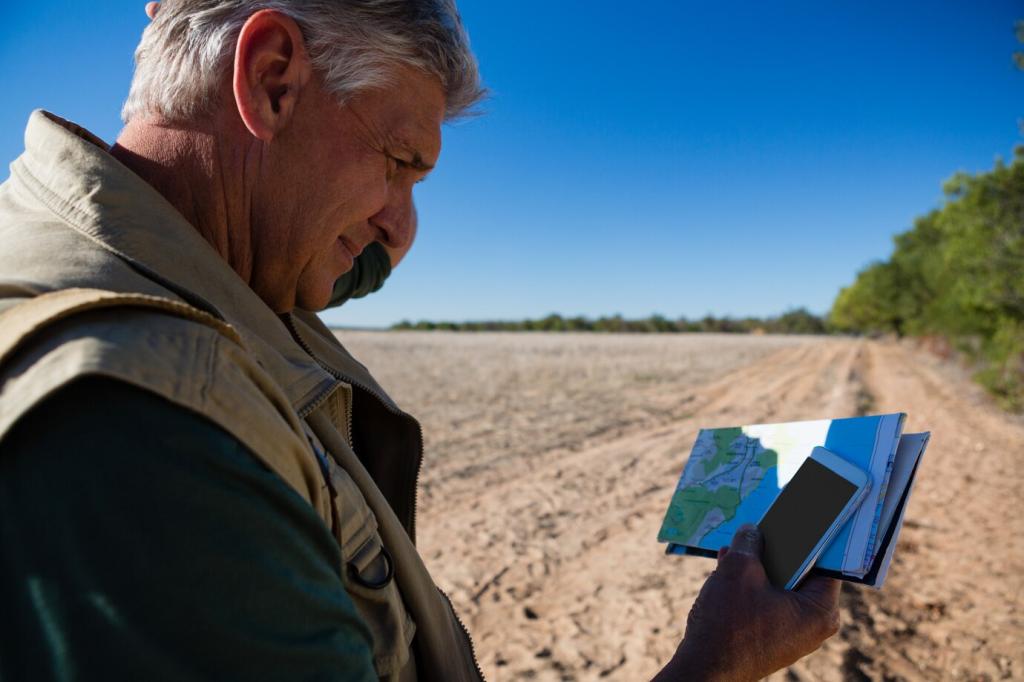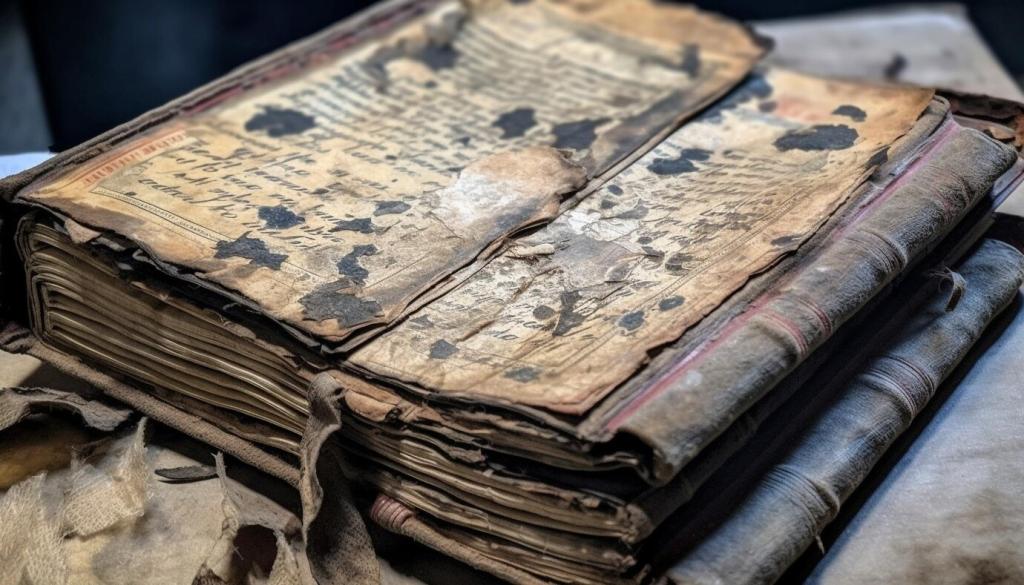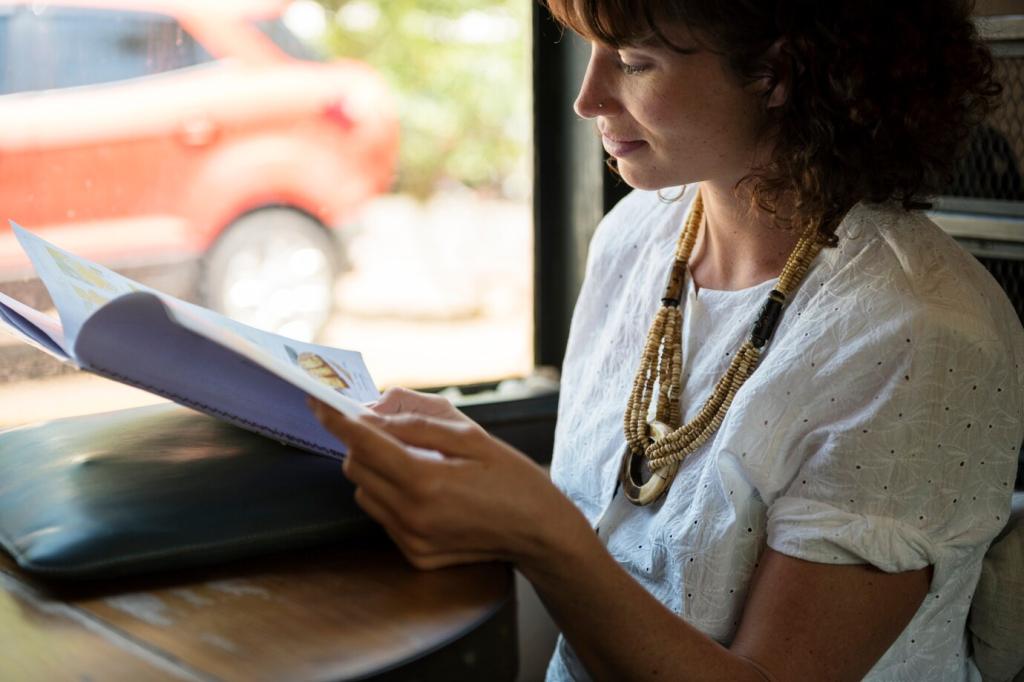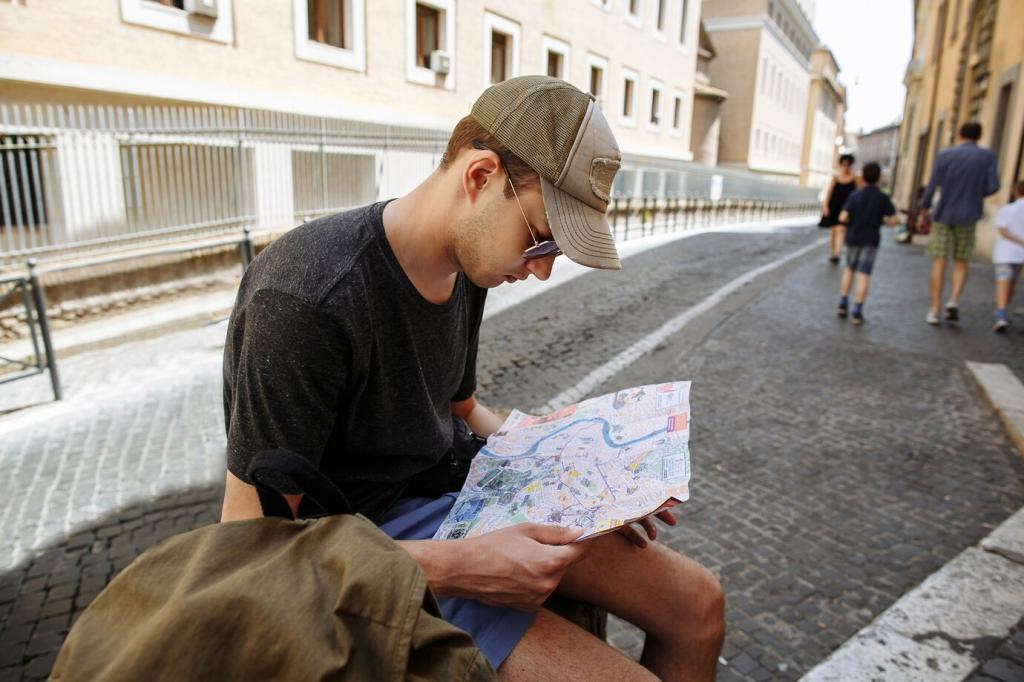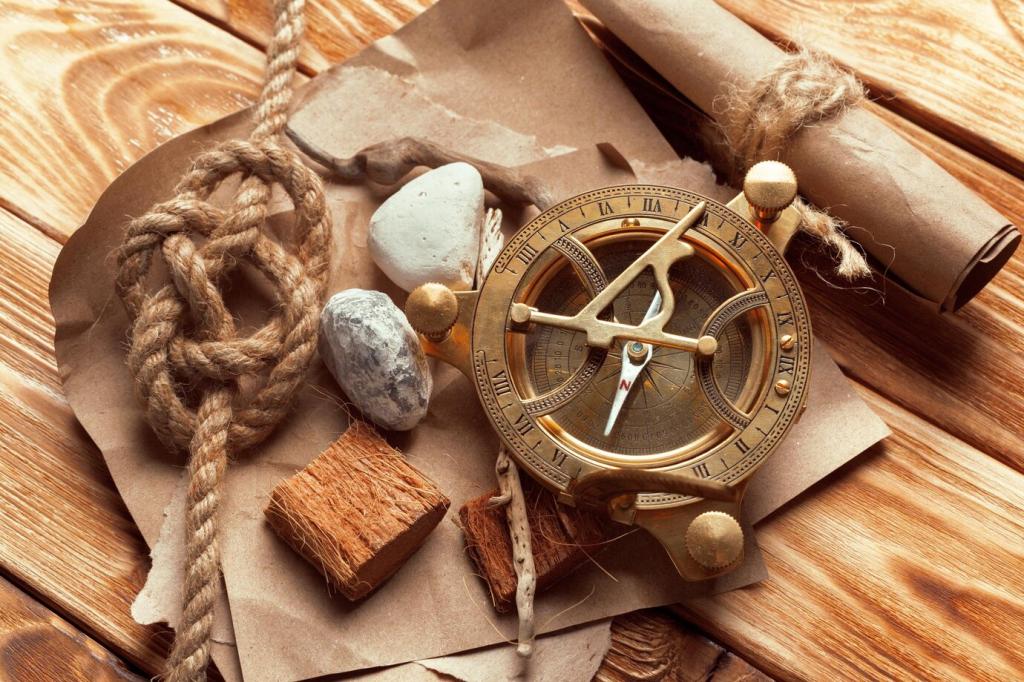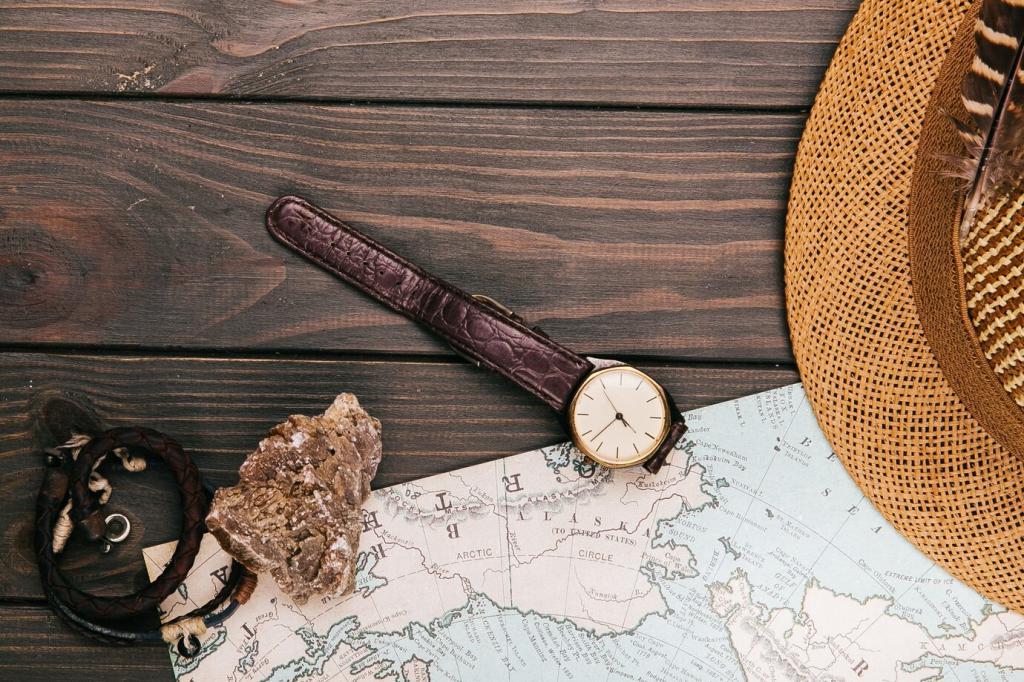Living Traditions, Not Relics
Elders hold intergenerational knowledge about language, land, kinship, and protocol. A grandmother might teach plant names while preparing tea, linking taste to territory and belonging. Share a story from your community or ask an Elder’s permission to record one, then subscribe to hear more wisdom.
Living Traditions, Not Relics
Indigenous languages encode place-based science—winds, soil types, animal behavior, and seasonal timing. Revitalization efforts, from immersion classes to “word of the day” texts, rebuild relationships to homeland. Try learning a greeting from a local language and tell us how it changed your sense of place.

